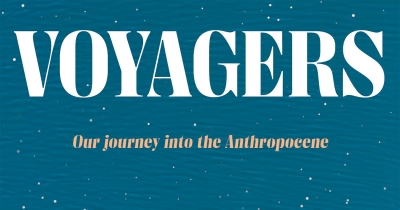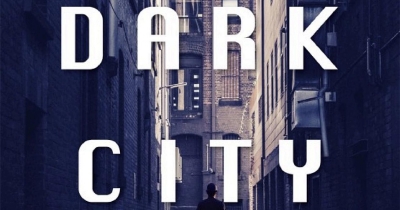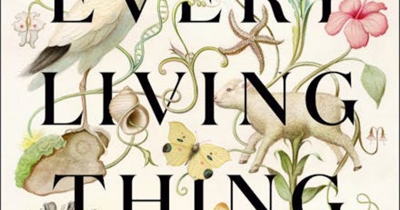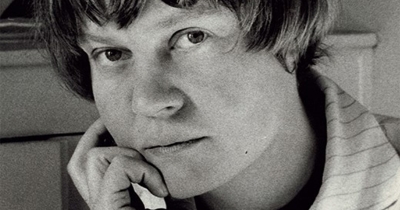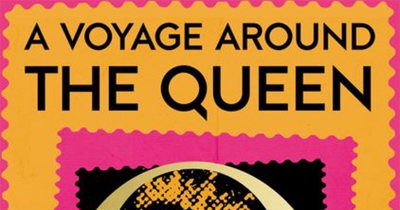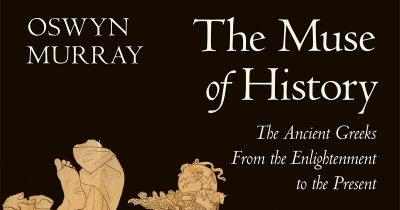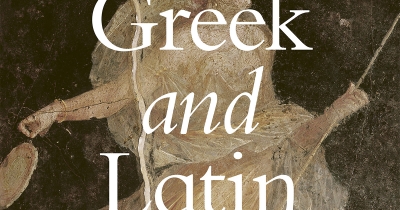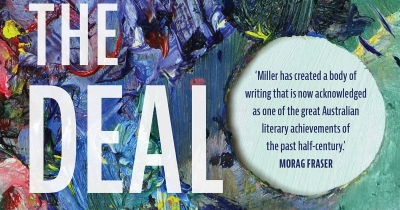Review
Dark City: True stories of crimes, cock-ups, crooks and cops by John Silvester
by Jonathan Ricketson •
Every Living Thing: The great and deadly race to know all life by Jason Roberts
by Danielle Clode •
Beyond the Broken Years: Australian military history in 1000 books by Peter Stanley
by Robin Gerster •
The Muse of History: The Ancient Greeks from the Enlightenment to the present by Oswyn Murray
by Christopher Allen •

